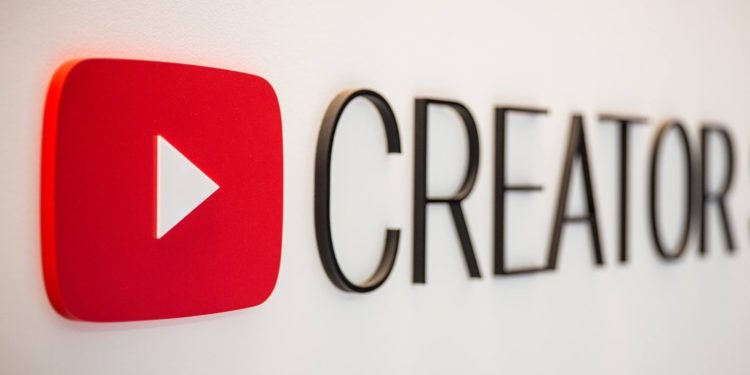Verification fees
Social media has always been free, but with revenue from targeted ads reducing, there was a need for different revenue streams for these social media platforms; thus came the era of verification fees.
While not being verified on social media handles might not be that important for most, verification is very important while building your brand as a content creator. Having that blue check mark provides you with credibility and trustworthiness to brands.
Twitter CEO Elon Musk recently rolled out Twitter Blue, a service that charges customers US $7.99 a month to be verified, approximately 1,100 Kenya shillings.
Following Elon Musk’s lead, Mark Zuckerberg, Meta CEO, has also introduced paid verification for Facebook and Instagram. The charges are US $11.99 monthly on the web or US $14.99 on iOS and Android. This is currently estimated at 1,700 Kenya Shillings and 2,100 Kenya shillings, respectively, and with how the Kenya shilling is depreciating, it’s bound to get more expensive.
While Twitter has already been rolled out globally, Kenyans are still so fortunate that the Meta paid subscription is yet to be rolled out in Africa.
Digital monetization tax
Additionally, content creators in Kenya may soon be required to pay a 15% withholding tax if lawmakers approve certain amendments to the 2023 Finance Bill. The current withholding tax for professional services stands at 10%, and this proposed tax is, therefore, 5 percent higher than that for professional services
Read more: Impact of Finance Bill 2023 On Taxpayers
The Bill defines digital content monetization as any payment received for payment for entertainment, social, literal, artistic, educational or any other material electronically through any medium or channel in the following forms: Website advertisement, social media platform, brand sponsorship, affiliate marketing, subscription services, merchandise sales, exclusive content membership programmes, licensing content including photographs, music, or own user projects and crowdfunding for specific goals for content creators.
In addition to that, digital content creators have to remit 1.5 percent of their income as digital taxes. The digital service tax was implemented by the Finance Act 2020 and will be applied to the gross transaction value at 1.5 per cent (exclusive of VAT) with effect from January 1, 2021. The new levy was endorsed by Kenya Revenue Authority (KRA) to increase the taxable basket of income.
Read more: Digital Service Tax To Hit 300 Million In 2023
While this may increase government revenue, digital income is inconsistent, and these taxes may create a harsh climate for creators. Some content creators are calling for union formation following these proposed tax amendments.
Email your news TIPS to editor@thesharpdaily.com
















